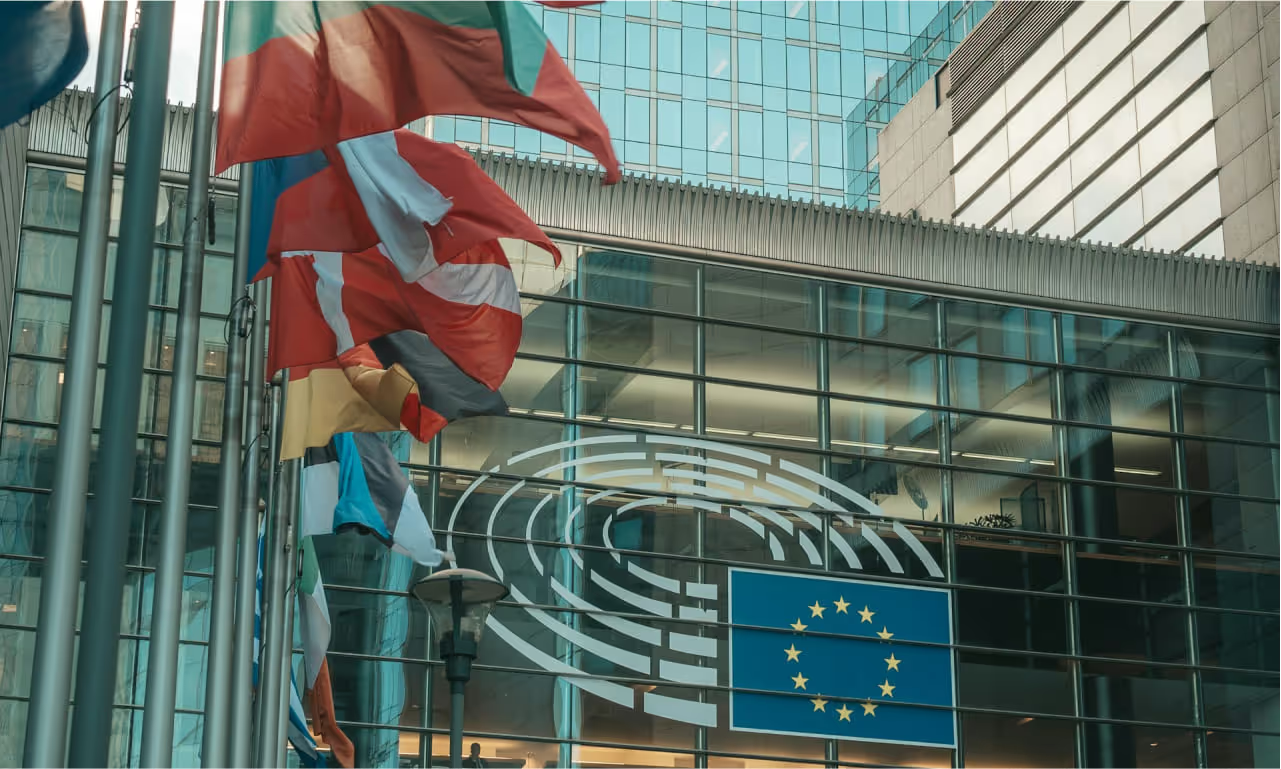Background and Objective of the AFIR Initiative
The Alternative Fuels Infrastructure Regulation (AFIR) initiative is a key element of the European Commission's strategy to decarbonise the transport sector under the European Green Deal. The aim of the AFIR Regulation is to develop charging and refuelling infrastructure for vehicles powered by alternative fuels, such as electricity and hydrogen, in order to contribute to increasing the number of clean vehicles on the roads of the European Union.
Main Assumptions of the AFIR Regulation
- Objectives Related to Charging and Refueling Infrastructure:
- From 2025, EU Member States will be required to provide charging stations for electric vehicles along the TEN-T transport network.
- By 2030, it will be mandatory to provide hydrogen refuelling stations along the main TEN-T routes, at a maximum distance of 200 km from each other.
- Electrification Regulations:
- Added requirements and targets for the electrification of railway lines along the TEN-T network, where direct electrification is not possible.
Postulates and Contributions of BSP
The BSP actively participated in the consultation process and negotiations on the AFIR Regulation, making a number of key demands:
- Adjusting Objectives to the Market Situation: The BSP stressed the need to adapt infrastructure objectives to market conditions in individual Member States. Various economic conditions, the current state of development of alternative fuels infrastructure and the demand for such fuels are taken into account.
- Population Density: BSP noted the unprofitability of building charging and refueling stations in sparsely populated areas. Therefore, the BSP's requests to exempt such areas from the obligations under AFIR have been taken into account.
- Change of Dates and Distances: BSP's requests to extend the deadlines for the introduction of mandatory hydrogen refuelling stations and to change the target from 60 km to 100 km for electric vehicle charging stations (BEVs) have been included in the final regulations.
- Minimum Station Output Power: The BSP stressed that the obligations regarding the minimum output power of charging stations should be analysed at Member State level in order to avoid unprofitability of charging stations.
Final Agreements and Implementation
As part of the final interinstitutional agreement adopted on 28 March 2023, the final version of the AFIR regulation included provisions in line with the requirements of the BSP. The key changes are:
- Charging and refuelling stations adjusted to the population density of the regions, which ensures the profitability of the construction of new stations.
- Extension of deadlines and adjustment of distances for hydrogen refuelling stations and electric vehicle charging stations.
Summary
The AFIR Regulation represents an important step towards the decarbonisation of transport in the European Union and the contribution of the BSP has contributed to its adaptation to the economic and infrastructure realities of the different EU regions. The introduction of these regulations aims to create favourable conditions for the development of alternative fuels infrastructure, which in the long term will contribute to an increase in the number of clean vehicles on European roads.

